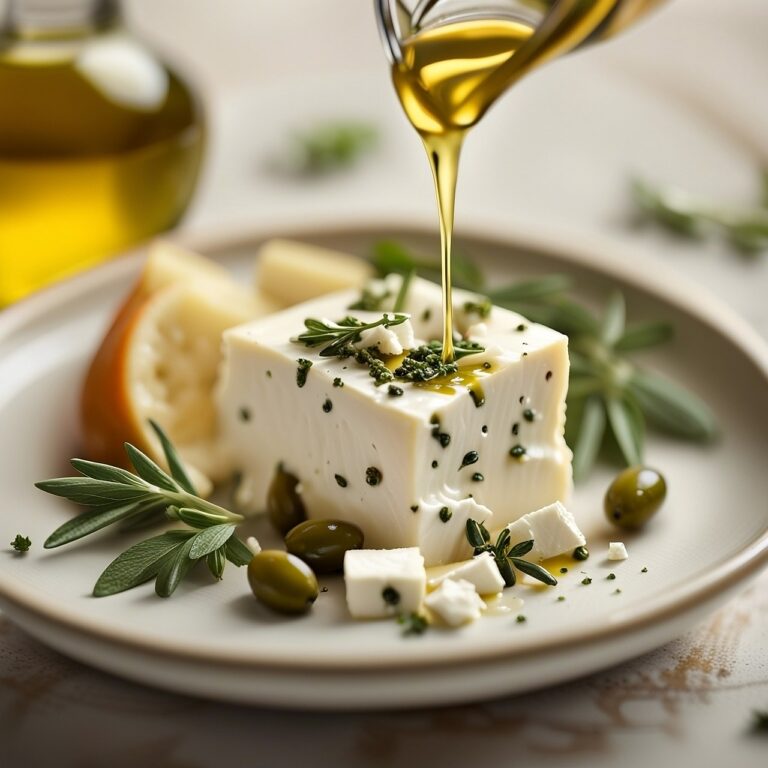The History of Olive Oil in Biblical Times: Cricbet99com, Sky11. Live login, Cricbet99 reddy anna
cricbet99com, sky11. live login, cricbet99 reddy anna: Olive oil has a rich history that dates back to biblical times. It has been an essential part of Mediterranean culture for thousands of years and plays a central role in various religious texts. In this article, we will explore the history of olive oil in biblical times, its significance, and how it was used in ancient civilizations.
The Origins of Olive Oil
Olive oil has been produced and used for culinary, medicinal, and religious purposes for over 6000 years. The olive tree, known scientifically as Olea europaea, is native to the Mediterranean region and has been cultivated by ancient civilizations such as the Sumerians, Egyptians, Greeks, and Romans.
In biblical times, olive oil was highly valued for its nutritional and healing properties. It was used in cooking, as a fuel for lamps, in religious rituals, and even as a form of currency. The olive tree was considered sacred and was a symbol of peace, prosperity, and abundance.
The Significance of Olive Oil in the Bible
Olive oil is mentioned numerous times in the Bible, both in the Old and New Testaments. It is often referred to as “liquid gold” due to its value and importance in biblical times. Olive oil was used for anointing kings, priests, and prophets, symbolizing consecration, blessing, and empowerment.
In the Old Testament, olive oil is mentioned in various contexts, such as in the creation story, as a symbol of prosperity and fertility, and as a healing ointment. It was used in the preparation of offerings, sacrifices, and as a sign of God’s favor and presence.
In the New Testament, olive oil is mentioned in the parable of the Good Samaritan, where it is used as a healing agent for wounds. It is also referenced in the Lord’s Prayer, where believers are instructed to ask for their daily bread and forgiveness, symbolizing sustenance, healing, and grace.
How Olive Oil Was Produced in Biblical Times
In biblical times, olive oil was produced using traditional methods that have been passed down through generations. The process involved harvesting ripe olives by hand, crushing them into a paste using stone mills or presses, and extracting the oil through pressing or centrifugation.
The olive oil was then stored in clay jars or amphorae, where it would settle and mature before being consumed or traded. Olive oil was a valuable commodity and was often used as a form of payment for goods and services.
The Role of Olive Oil in Ancient Civilizations
Olive oil played a significant role in the daily lives of ancient civilizations, not just for its culinary and medicinal properties but also for its cultural and religious significance. In addition to being used for cooking and lighting, olive oil was used in cosmetics, perfumes, and as a base for medicinal remedies.
The Greeks and Romans were avid consumers of olive oil and used it in various aspects of their lives. It was used in cooking to flavor food and preserve meats, in religious ceremonies to anoint statues and altars, and in sports to anoint athletes before competitions.
Olive oil was also used as a symbol of wealth and status in ancient civilizations. It was often given as a gift to visiting dignitaries, used in burial rituals, and offered as a sacrifice to the gods. Its versatility and importance made it a staple in Mediterranean culture and a valuable commodity for trade.
FAQs
Q: Was olive oil only used for cooking in biblical times?
A: Olive oil had many uses in biblical times, including cooking, lighting lamps, anointing the sick, and in religious ceremonies.
Q: How was olive oil produced in ancient times?
A: Olive oil was produced by crushing ripe olives into a paste and extracting the oil through pressing or centrifugation. The oil was then stored in clay jars or amphorae to mature before consumption.
Q: Why was olive oil considered valuable in biblical times?
A: Olive oil was considered valuable for its nutritional, medicinal, and symbolic properties. It was a staple in Mediterranean culture and played a central role in religious rituals and daily life.
In conclusion, olive oil has a long and storied history in biblical times, playing a vital role in the lives of ancient civilizations. Its significance as a symbol of wealth, health, and spirituality has endured through the ages and continues to be celebrated in Mediterranean cultures today.







